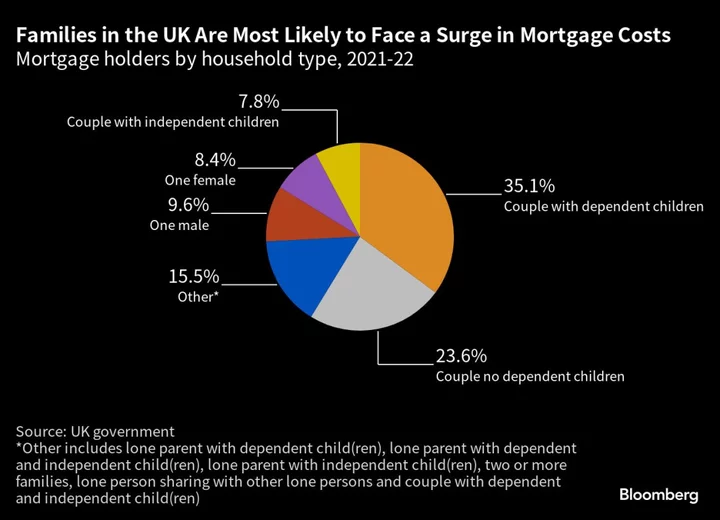For global companies newly concerned about their impact on plants and animals, an influential standards-setting body has barred one of the easiest remedies: so-called biodiversity offsets, which allow firms to counterbalance their environmental impact in one place with conservation efforts elsewhere.
The Science Based Targets Network, a sibling organization to the emissions-focused Science Based Targets initiative, has released guidance for companies looking to establish “nature targets,” or plans to reduce negative effects on the natural world.
The framework asks firms to set goals to reduce their local environmental impact, which isn’t compatible with offsets or credits, SBTN says. “What we’re trying to incentivize on the ground is not possible with the use of offsets,” said Varsha Vijay, technical director at the SBTN.
Biodiversity credits are “slightly different,” Vijay said in an interview, though they still lack global standards, regulation or “substantial safeguards.”
Consumer goods giants Anheuser-Busch InBev NV, Nestlé SA and LVMH Moët Hennessy Louis Vuitton SE are among the 17 firms that have agreed to comply with the new framework and submit targets for validation by the end of the year.
Investors eager to put capital behind sustainable businesses have become increasingly interested in biodiversity, bolstered by the landmark Global Biodiversity Framework that was signed by almost 200 nations in December. The number of funds offering biodiversity strategies grew 150% last year, according to Morningstar Inc.
Read more: A New ESG Fund Class Sees 15% Asset Boom in Just Two Months
The omission of biodiversity credit markets from SBTN’s framework isn’t surprising given that basics such as methodology haven’t been agreed upon, said Alistair Purdie, sustainable agriculture analyst at BloombergNEF.
Aligning with the SBTN methodology could make companies more attractive to investors. Many are already familiar with the SBTi stamp of approval, which indicates whether a firm’s emissions reduction plans are aligned with global warming targets under the Paris Agreement.
“The new targets provide a clear path for businesses to reduce their negative environmental impacts, in line with shifting investor and consumer pressure,” Purdie said, adding he expects a major uptick in companies factoring nature into strategy.
BloombergNEF estimates that the nascent global bio-credits market could hit $160 billion by 2030.
--With assistance from Natasha White.









